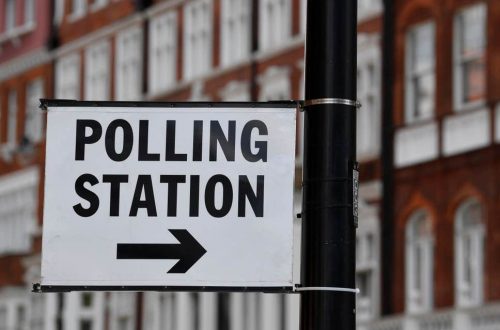Kenan Malik’s two recent posts on multiculturalism, based on a lecture he gave in Vancouver, are characteristically cogent. Much of the discussion will be familiar territory to HP readers – and perhaps those listening to, or reading, these talks aren’t the ones who would benefit most from, say, Malik’s crisp explanation of the different meanings of multiculturalism:
The first is what I call the lived experience of diversity. The second is multiculturalism as a political process, the aim of which is to manage that diversity.
There is some fascinating material here about the mistaken assumptions about society’s past homogeneity, disrupted by immigration. Malik draws attention to the fact that, at the time of the French Revolution, less than half the country’s population actually spoke French, and suggests that differences between different ethnic groups in Britain today are much more trivial than those between social classes in the Victorian period.
The debate about multiculturalism is a debate in which certain differences (culture, ethnicity, faith) have come to be regarded as important and others (such as class, say, or generational), which used to be perceived as important in the past, have come to be seen as less relevant.
Malik also argues that some countries, including France and Germany, have in the past encouraged immigrant communities to cling to their own religious and cultural heritage rather than assimilate – even though at present it seems as though the impulse has moved in the other direction.
Part 2 explores the implications of multicultural policies in more detail. I thought this was very well put:
This points up a paradox in the multicultural vision. The starting point of multicultural policies is the acceptance of societies as diverse. Yet, there is an unstated assumption that such diversity ends at the edges of minority communities.
After an excellent account of the way multiculturalism privileges conservative voices, Malik goes on to argue that the problem with Breivik and his ilk is also, counterintuitively, multiculturalism. This seems similar to arguments made by Brendan O’Neill in a piece which came in for some, I thought, undeserved criticism over on Lib Con – the author would have benefited from reading Malik’s explanation of multiculturalism’s different meanings.
Malik argues that the current patterns of immigration are no different from any earlier waves. One counterargument sometimes adduced against this observation is the current prevalence of arranged marriages with spouses from abroad. This seems to be one target of new regulations surrounding marriage and immigration. It is being proposed that only Britons with an income of £25,700 should be able to apply for a spousal visa. As Max Dunbar points out, this would exclude anyone on the national average wage for a start. He concludes:
The proposal, which looks modest and reasonable, in fact amounts to class discrimination at its worst. As with so many of this government’s ideas there is a head-toss of disdain for the human lives behind the statistics. Theresa May is essentially saying: if you earn below a certain level, we can take away your right to marriage. Have a family. But do it our way. When I think of the people I’ve known who found love and happiness with someone who happens to be from another country, I realise that this issue should get the same kind of coverage as gay marriage. What gives the state the right to say that two people, who love each other, cannot get married?
There is further coverage of these proposals in the Telegraph. It would be a shame if anxieties about one kind of multiculturalism, ended up stifling multiculturalism in its benign form:
The experience of living in a society that is less insular, more vibrant and more cosmopolitan is something to welcome and cherish. It is a case for cultural diversity, mass immigration, open borders and open minds.


